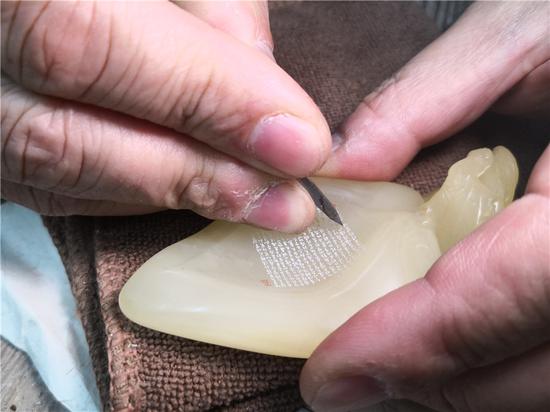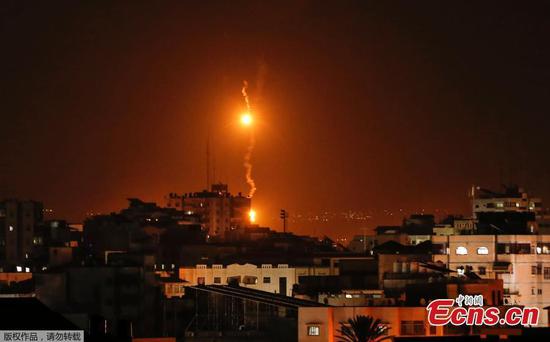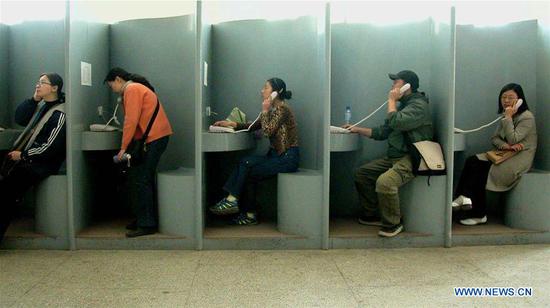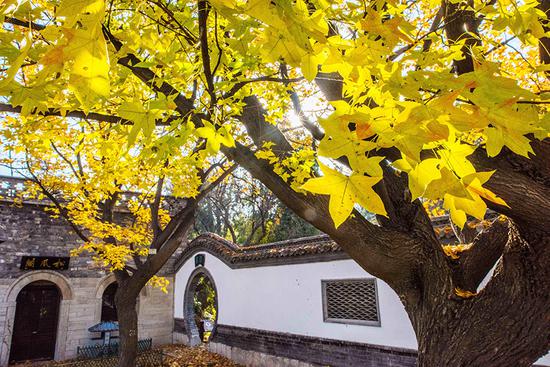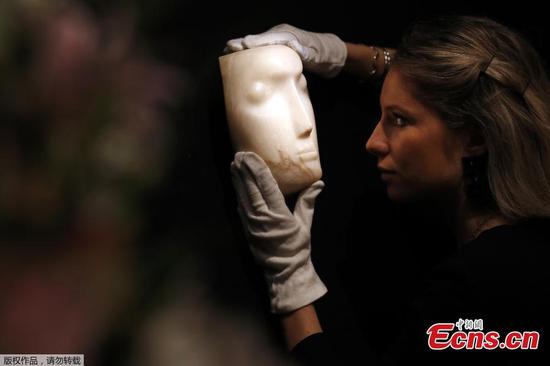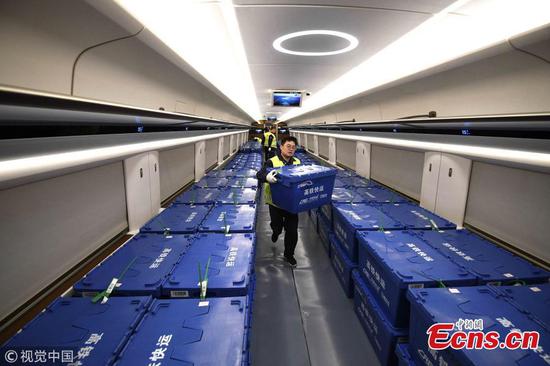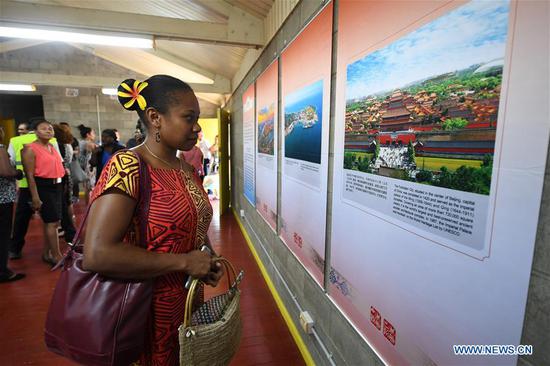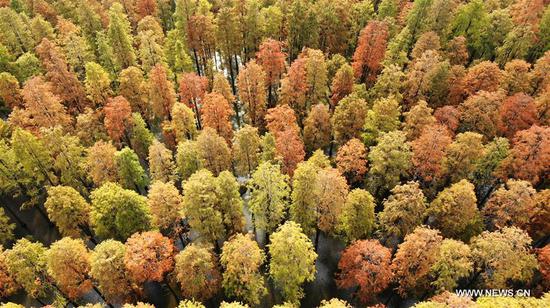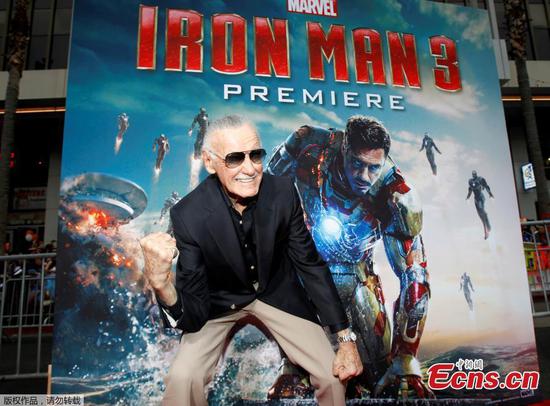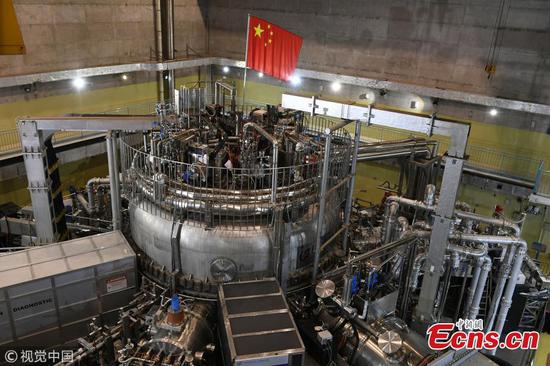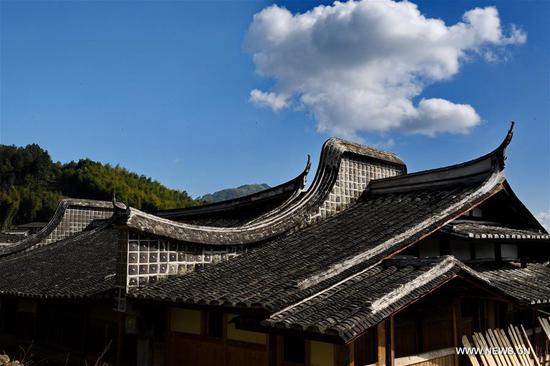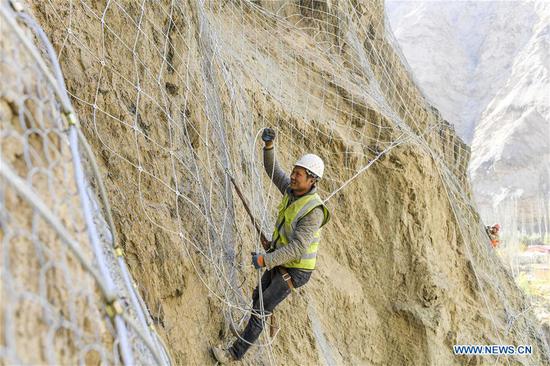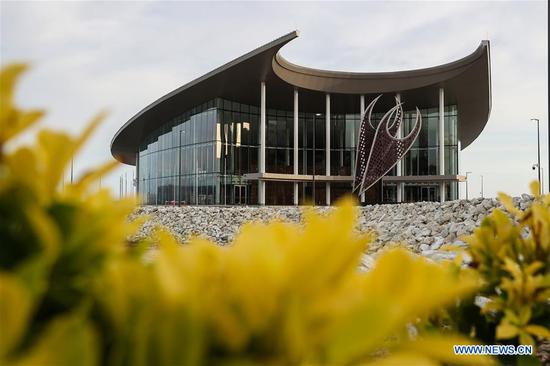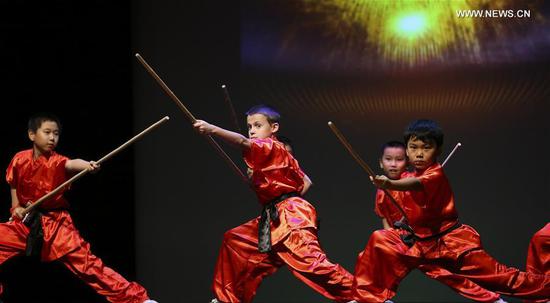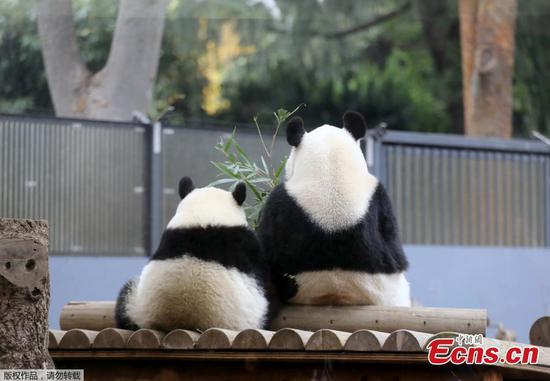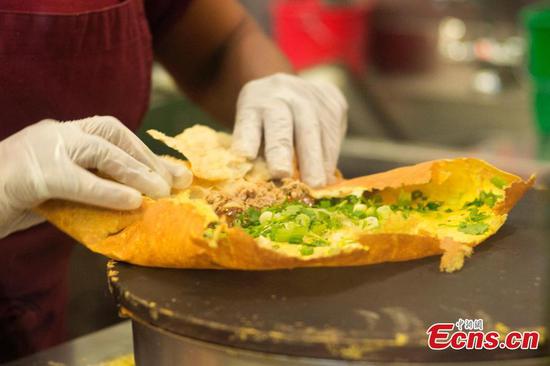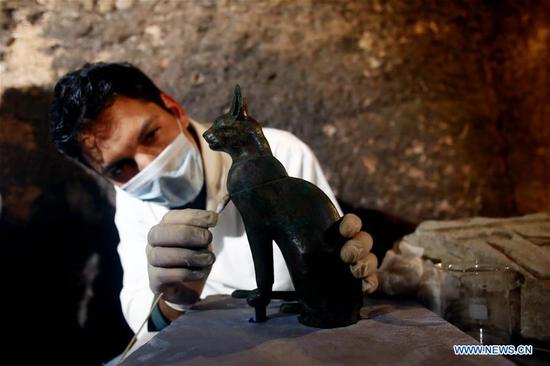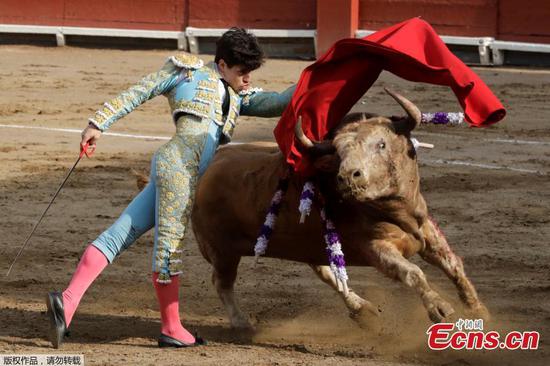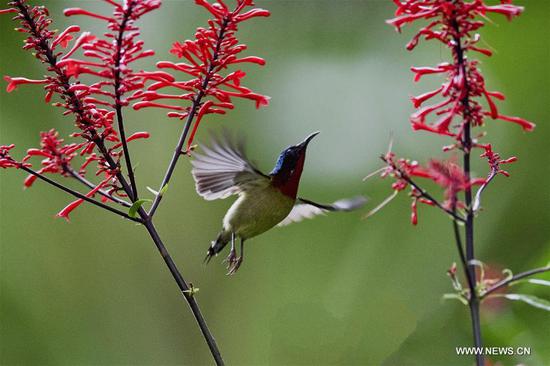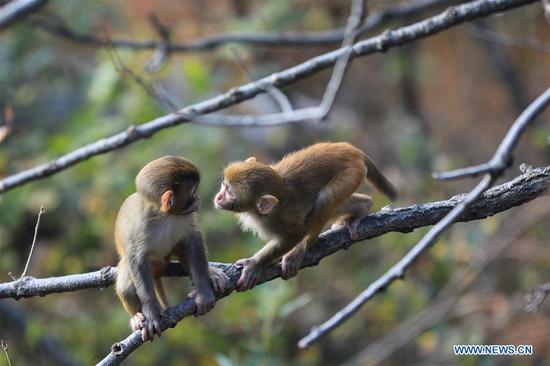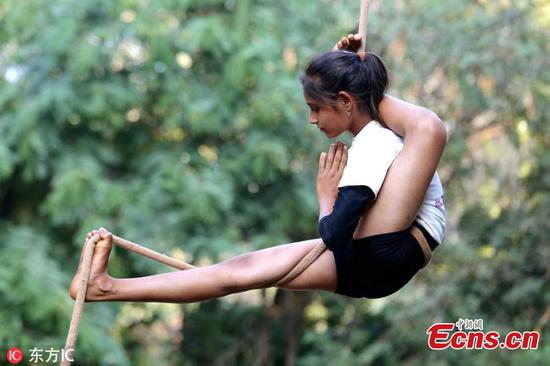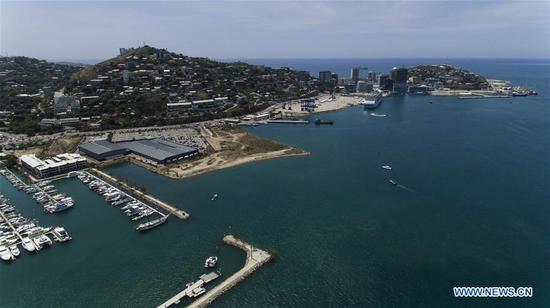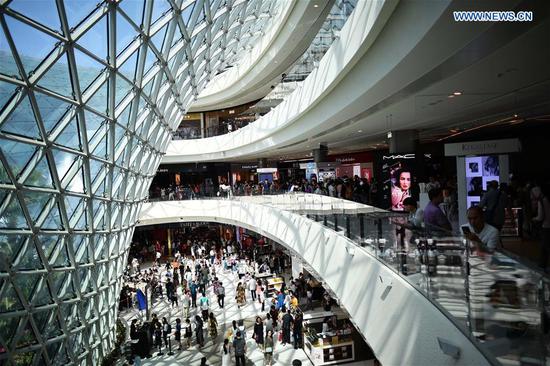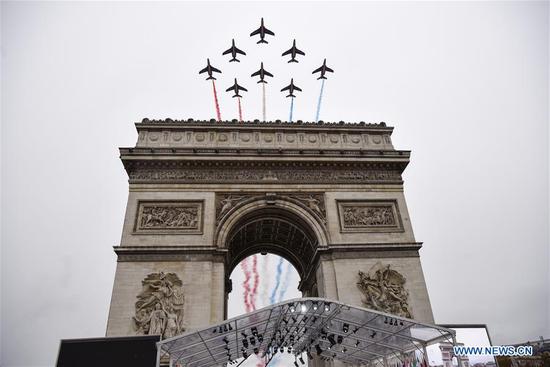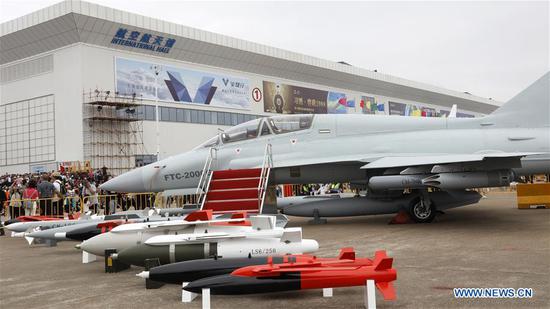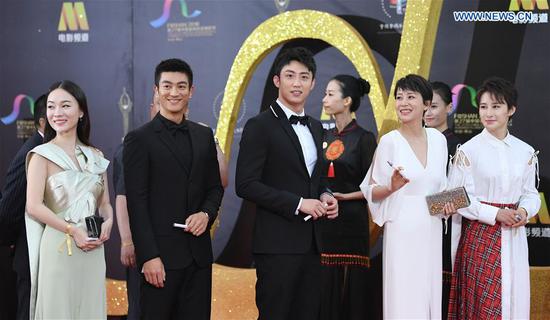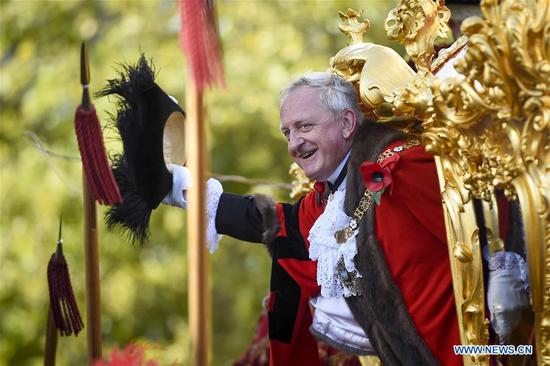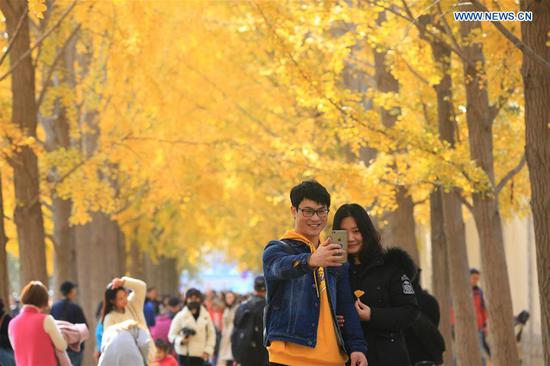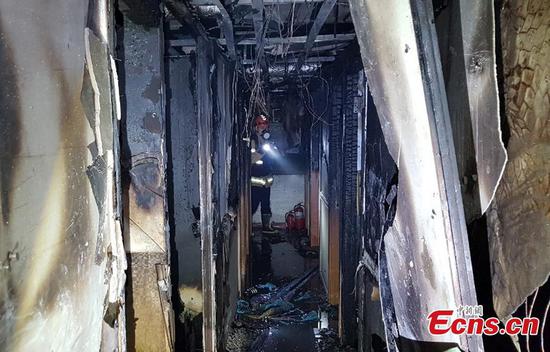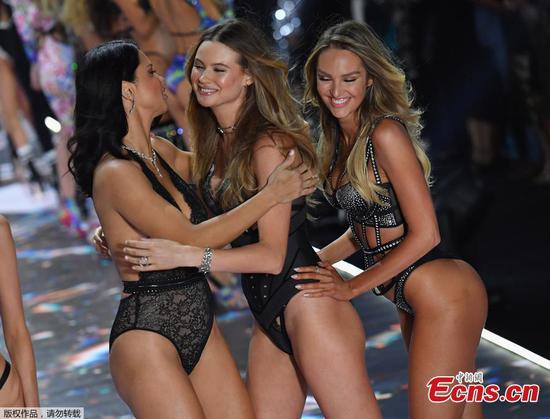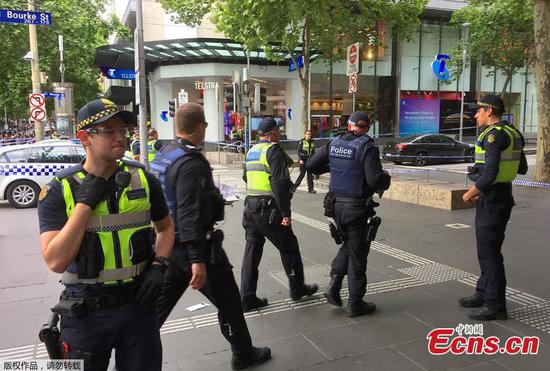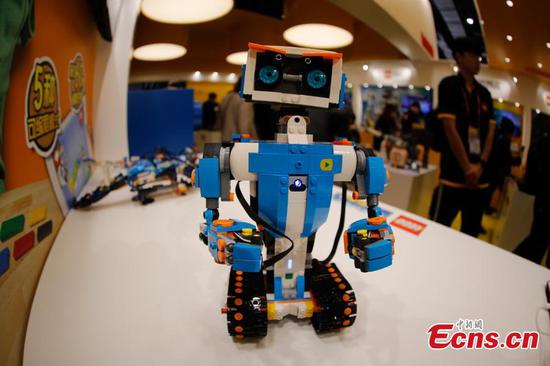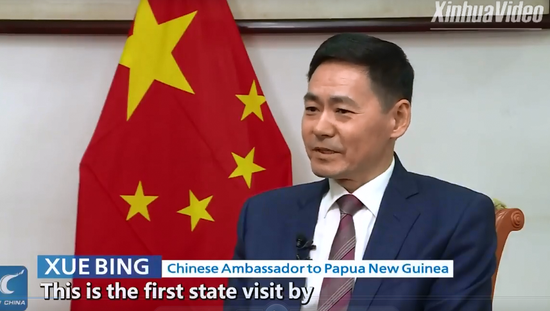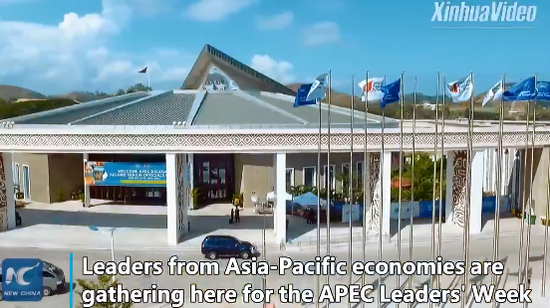U.S. vice-president cites imbalance and barriers in Japanese markets
In a move to step up pressure on Japan to cut its trade surplus with the United States, U.S. Vice-President Mike Pence said in a visit to Japan on Tuesday that U.S. goods and services often faced barriers from the Asian ally and a bilateral trade agreement is needed.
Pence made the remark while speaking to reporters after talks with Japanese Prime Minister Shinzo Abe.
"Japan is an indispensable trade partner for the United States. The United States has had a trade imbalance with Japan for too long. American products and services too often face barriers to compete fairly in Japanese markets," Pence said at a joint news conference with Abe.
"The best opportunity for free, fair and reciprocal trade will come in a bilateral trade agreement."
Avoiding comment directly on what Pence said, Abe did not take a firm stance on the nature of a future agreement.
"As for the economy, we reaffirmed that we intend to further expand bilateral trade and investment in a mutually beneficial manner in accordance with the Japan-U.S. joint statement in September, and to realize economic development of the Indo-Pacific region that is free, open and based on fair rules," Abe said.
U.S. President Donald Trump has long criticized Japan over "unfairly" shipping cars to North America while blocking U.S. autos and farm products entering the country.
In defense, Japan insists its markets for manufactured goods are open, while it does admit protecting farm products because of political sensitivity.
In September, after their meeting in New York, Abe and Trump agreed to start trade talks and Washington temporarily stopped further tariffs on Japanese automakers, which make up about two-thirds of Japan's $69 billion trade surplus with the U.S..
Chu Yin, professor at the University of International Relations in Beijing, said the core of the trade disputes between Tokyo and Washington lies in autos and farm products and it is not likely that Japan could give ground on these factors.
"Farm products are politically sensitive because farmers are important supporters of Abe's Liberal Democratic Party and the auto business is the engine for Japan to remain as a great economic power," Chu said.
"So there is limited space for Japan to make concessions."
Masanari Koike, a visiting fellow at Tsinghua University and former member of Japan's House of Representatives, said the U.S. offers for Japan contradicts with each other on trade and security fronts.
"The intention of Pence was visible, it is to expand trade agreement for goods, services and investments in favor of the U.S. This stance tactically derived from their wish for Japan to strengthen the security alliance in the region with the U.S., and contribute to suppressing China's emerging influence," Koike said.
Kenzo Fujisue, current member of House of Councilors in Tokyo, said increasing trade pressure has made Japan reconsider its approach and Tokyo "should play a role in balancing between China and the U.S."









